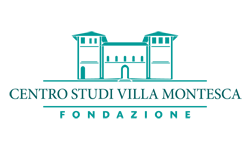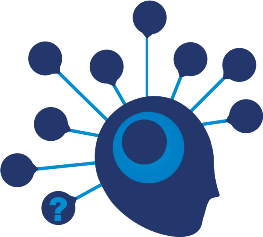Project’s aim is to develop and present an innovative pedagogical technology based on the scientific results about the learning processes of the individuals. The methodology is intended for educators to enlarge their competences in order to follow a quite different teaching approach. The key element of this new technology is Gardner’s theory of Multiple Intelligences (MI), which has revealed that each individual has its own dominating profile of intelligences, through which it can easily learn and memorize new knowledge. There are 8 types of intelligences: linguistic, spatial, musical, bodily-kinesthetic, logical mathematical, naturalist, intrapersonal and interpersonal; the dominating profile of each individual is a sui generis combination of them. The innovation of the new approach lies on allowing teachers to use every type of intelligence instead of only the two types that are connected with the classic style of teaching, which is linguistic and logical-mathematical. The MI technology will create equal conditions for all learners based on their potential for personal development. The MI technology requires additional qualifications and skills from the teacher, by pointing out and laying stress on the competences of the teacher. The goal is to provide effective education to everyone, taking into consideration the different dominant profiles of learners, regardless their various social and cultural norms of behavior.
Project’s activities combine the know-how knowledge with the experience on MI methodology and applicable toolkits so as to transform the knowledge into a finalized product. A Curricula for training pedagogues and a Handbook to provide essential information and guidelines for using the MI technology will be produced. The activities will also provide information about the additional qualifications the teachers have to obtain and the ways they can increase their pedagogical capacity. The focus will be on the analysis of the difficulties faced by teachers as a result of the rapidly increasing disparities among students, including children at risk and children with special educational needs (SEN).
The intellectual outputs: (1) Analysis of Contemporary Learning Problems – Readiness for Change, (2) a Model of a Curricula for the qualification of teachers and students from pedagogical majors and (3) a Handbook: Multiple Intelligence – Methodology and Instruments, will be produced in 6 languages with open access through the Internet and the EPALE.
The project started in October 2019 and ends in September 2021. It is funded by the ERASMUS programme and it is implemented by GIS-Transfer Center (Bulgaria), TEHNOKRATI (Bulgaria), J&M Synergie (France), CSFVM (Italy), ANCE (Greece) and DEFOIN (Spain).

